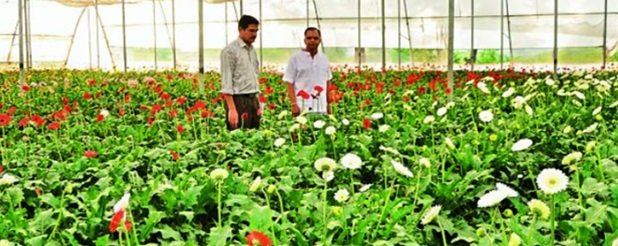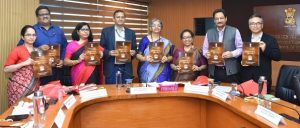
Last Updated on November 29, 2024 9:39 am by BIZNAMA NEWS
Plant health management promoted through the project will also help farmers adapt to climate change, as rising temperatures not only cause extreme weather events but also affect pest and disease behaviour
AMN / NEW DELHI
The Government of India and the Asian Development Bank (ADB) today signed a $98 million loan to improve horticulture crop farmers’ access to certified disease-free planting materials, which will boost their crops’ yield, quality, and resilience to climate impacts.
The signatories to the loan agreement for the Building India’s Clean Plant Programme were Ms. Juhi Mukherjee, Joint Secretary, Department of Economic Affairs, Ministry of Finance, and Kai Wei Yeo Officer-in-Charge of ADB’s India Resident Mission, for ADB.
After signing the agreement, Ms. Mukherjee stated that the ADB funding will promote plant health that is vital for improving productivity of farmers.

“The project supports the Government of India’s Atmanirbhar Clean Plant Programme (CPP) that enhances plant health management. It will help develop regulatory framework and institutional systems to effectively implement the CPP for horticulture in India. The project will involve close consultation with private nurseries, researchers, state governments, and growers’ associations to ensure its success and sustainability,” said Mr. Yeo.
The plant health management promoted through the project will also help farmers adapt to climate change, as rising temperatures not only cause extreme weather events but also affect pest and disease behaviour.
This will be achieved through establishing clean plant centres dedicated to maintaining disease-free foundation materials. These centres will feature laboratories equipped with cutting-edge diagnostic testing methods and will be staffed with experts who are trained in clean plant centre operating procedures and diagnostic testing protocols.
The project will roll out a clean plant certification scheme, accrediting private nurseries, and testing and certifying their planting materials. It will be implemented by the Ministry of Agriculture and Farmers Welfare through the National Horticulture Board and the Indian Council of Agricultural Research.








